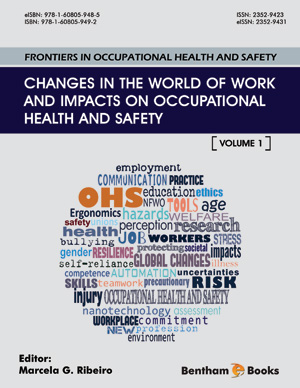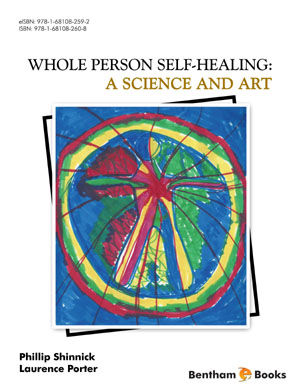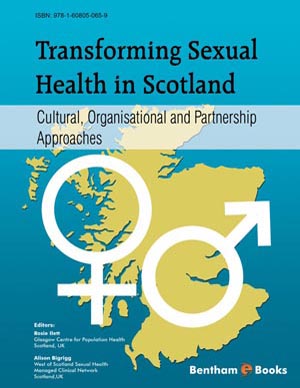Work Organization and Occupational Health in Contemporary Capitalism
Page: 3-31 (29)
Author: Ana Valéria C. Dias and Francisco de P. A. Lima
DOI: 10.2174/9781608059485114010004
PDF Price: $15
Abstract
This chapter discusses recent changes in work organization and their impacts on occupational health and safety. In the last decades of the 20th century, changes in the technological, social and economic context, such as automation of production processes, globalization of markets, financialization and new social demands fostered the emergence of new rationales for production and as a consequence new rationales of work organization. Some of the main aspects of New Forms of Work Organization (NFWO) are presented: flexibility, autonomy, the importance of workers’ competence and engagement and management by goals, represented by Key Performance Indicators (KPIs). We then propose that within NFWO there may be some paradoxes that workers are obliged to deal with. Beyond NFWO, some new configurations of firms, notably those based on network features, are also presented, and their relation with NFWO is discussed. In this new context organization, there are new work pathologies, namely the psychological ones, ordinarily named “stress”. Final discussion points to the fact that the absence of prescribed tasks created new constraints that are behind the bullying at work. The actual augmentation of psychological suffering and mental diseases is the consequence of the performance control through KPIs that are present in management systems diffused in the corporate governance of global organizations and networks.
Nanotechnology and Risks into the Workers’ Universe: Some Critical Reflections
Page: 32-86 (55)
Author: Paulo R. Martins and Richard D. Dulley
DOI: 10.2174/9781608059485114010005
PDF Price: $15
Abstract
This chapter approaches the emerging risks, impacts and challenges posed by scientific and technological development to workers’ health and safety, to the environment and to the society, using nanotechnology development as backdrop for the discussion. Nanotechnology encompasses an extraordinary diversity of technological approaches currently under development. It has created a relatively new industry. The goods being produced and introduced into the market are usually innovative and unfamiliar to most consumers. It was chosen as reference to this chapter, due to the fact that nanotechnologies were identified as an important source of known and unknown risks, as an existential risk, and due to the increasing uncertainties posed by these technologies, regarding unique challenges in occupational health and safety, as well as environmental, legal, societal end ethical impacts.
Occupational Health and Safety Knowledge and Practice
Page: 87-136 (50)
Author: Marcela G. Ribeiro and Fernanda F. Ventura
DOI: 10.2174/9781608059485114010006
PDF Price: $15
Abstract
Changes in the world of work have been witnessed worldwide. They have profoundly affected the working life, the occupational health and safety professions structure, and occupational health and safety professional role. This chapter invites to reflections concerning needs on occupational health and safety professional competencies demanded by the changing world of work. Occupational health and safety professionals will be a necessary part of doing business worldwide, as researchers, educators, or practitioners. Nevertheless, competencies these professionals must acquire are at stake. Training and education must be redesigned for creating competent critical mass of occupational health and safety experts, able to understand and to deal with emerging issues in the changing world of work. Multiple disciplinary learning approaches are needed to tackle today’s complex problems of working environments. The occupational health and safety professionals must find balance between knowledge breadth and depth. Changing values at university is an opportunity to enhance the value of occupational health and safety for a wider audience in an environment where occupational health and safety issues are usually under evaluated. Beyond technical expertise, skills are needed to move forward. Resilience is certainly the most important to be developed. To be resilient, professionals must be self-reliant, requiring a continuous openness towards life-long learning. The occupational health and safety professional must now know how to learn during an entire lifespan. Despite theoretical knowledge gathered from studies already conducted on several aspects, occupational health and safety conditions worsen. Attempts should be made to strengthen knowledgepractice link. Researchers, professors, students and practitioners must face this biggest challenge, which can determine the success or the failure on the enhancement of occupational health and safety conditions.
Introduction
Frontiers in Occupational Health and Safety: Changes in the world of work and impacts on Occupational Health and Safety, highlights the various economic, political and cultural consequences which have altered the working environment of the world. The book describes the contradictions dealt with the workers and the emergence of new risks in the workplace. The contents of this book include titles on work organization and occupational health in contemporary capitalism, critical reflections on nanotechnology and risks into the worker`s universe and occupational health and safety knowledge and practice. This book is a valuable resource for MSc and PhD students, academic personnel and researchers seeking updated and critically important information on occupational health and safety and also gives a detailed view of the complex and broad world of the work universe to the readers.












